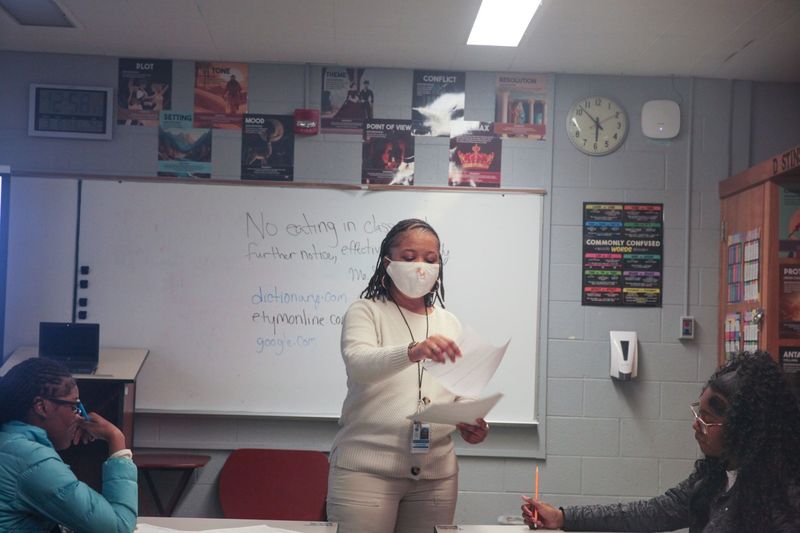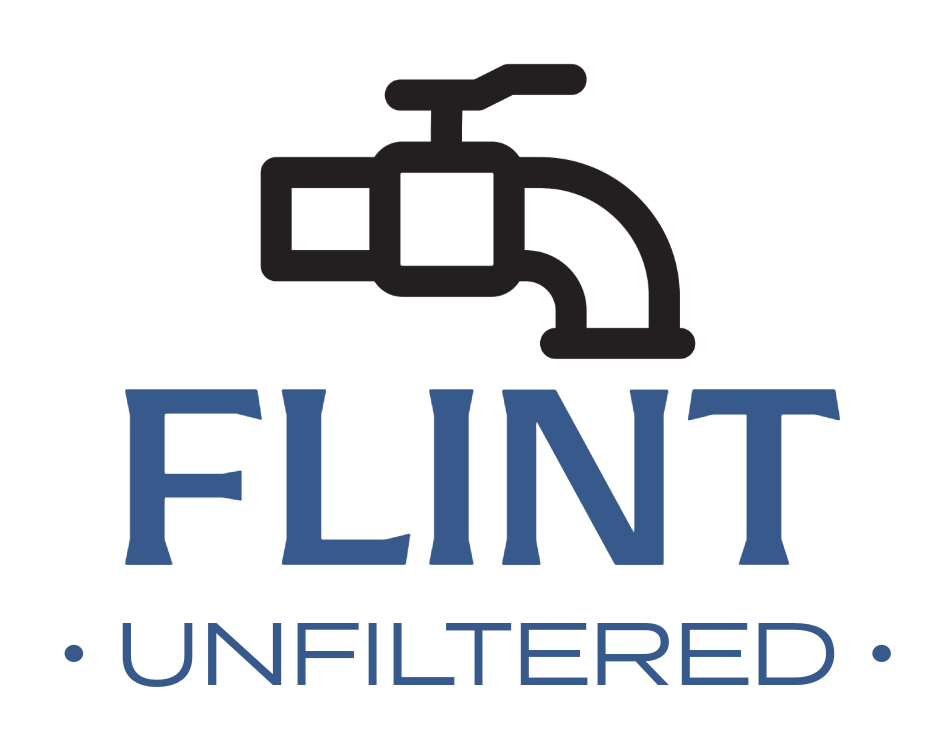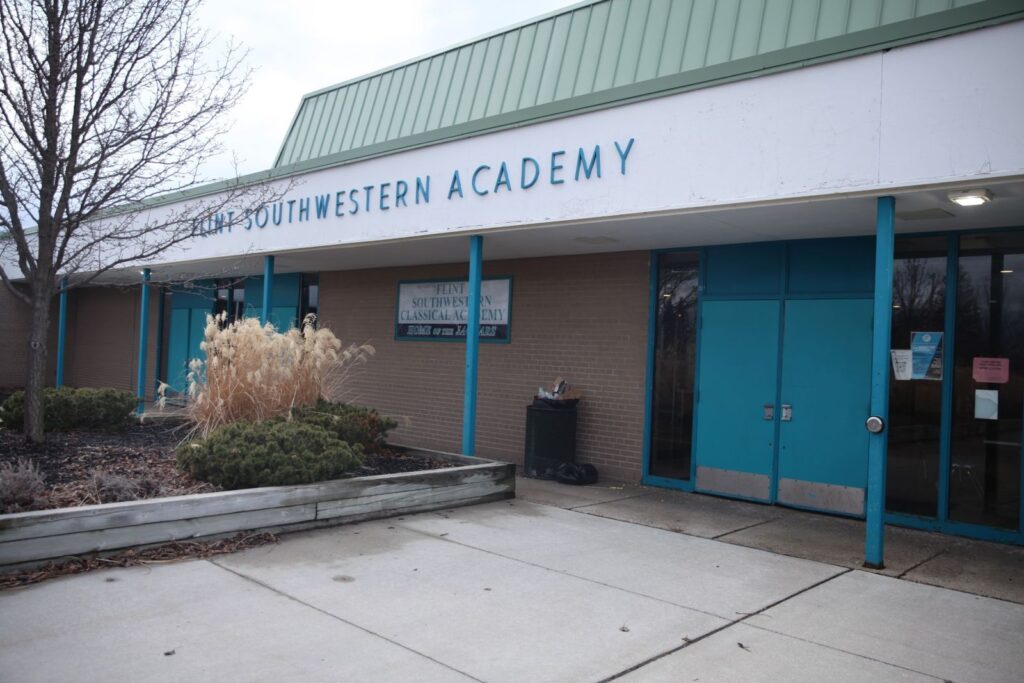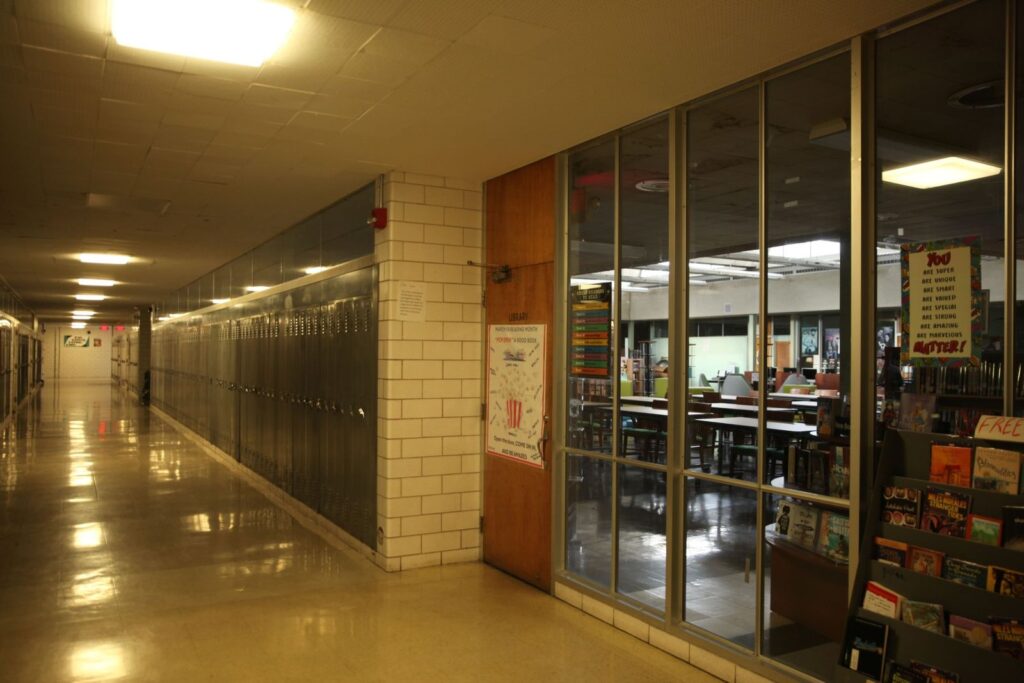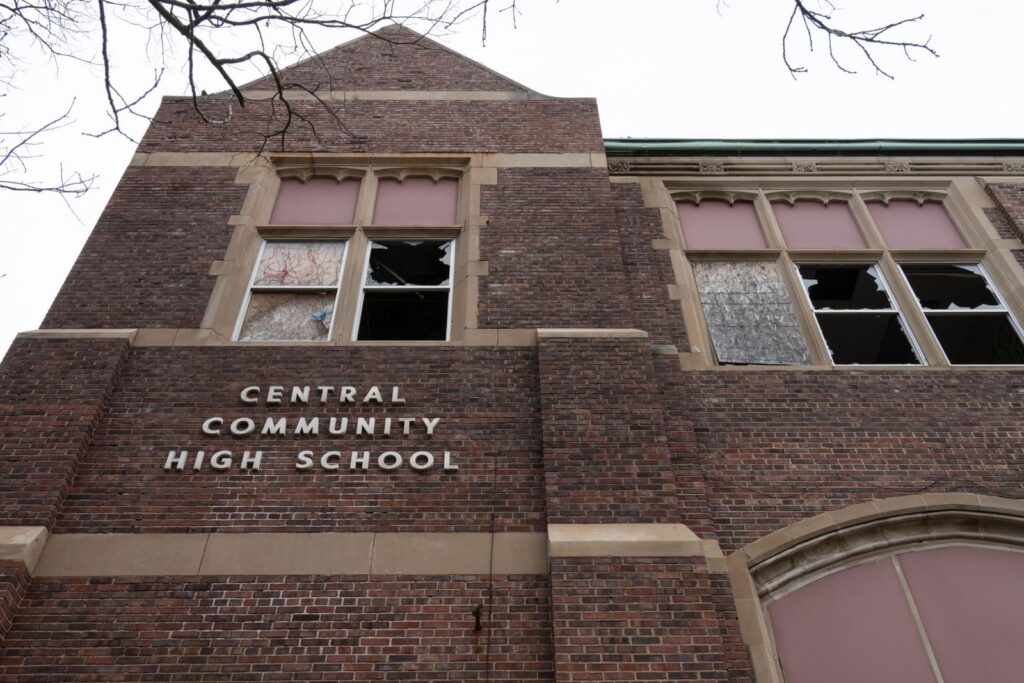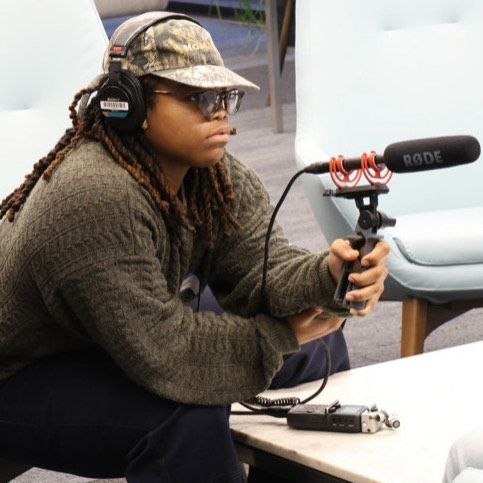This article is part of “Flint Unfiltered: Stories from An American Water Crisis,” a project that we have partnered on with the School of Journalism at Northeastern University. Eight of their enterprising students delved into the story of Flint, Michigan, the site of one of the country’s worst public health crises. As part of our mentoring program, we’re amplifying their efforts by sharing the amazing work produced by their students, as well as personal essays from Flint residents and stakeholders. Please visit the project’s website HERE.
Flint’s public school students have developed drastic learning and behavioral issues as a result of the water crisis
Since the 1970s, enrollment at Flint Public Schools has decreased drastically from more than 45,000 to fewer than 2,700 students. The water crisis has had a significant effect on the city’s once flourishing public school system. A 2022 study by the National Institutes of Health found that a substantial number of adolescents in Flint had clinically significant behavioral issues.
Students at Southwestern Classical Academy — the last remaining public high school in the city — who were 5, 6 and 7 during the height of the crisis, have been prone to behavioral and learning issues. With scarce resources, parents and teachers in the community are looking for someone to step up and help at Southwestern Academy. Reporter Steph Conquest-Ware visited Flint with a cohort of Northeastern University students to investigate how the city is still suffering from the crisis that began over 10 years ago. Listen to the podcast for more on the story.
To access more Flint Unfiltered content, please click HERE.
“FREEDOM OF THE PRESS IS NOT JUST IMPORTANT TO DEMOCRACY, IT IS DEMOCRACY.” – Walter Cronkite. CLICK HERE to donate in support of our free and independent voice.


